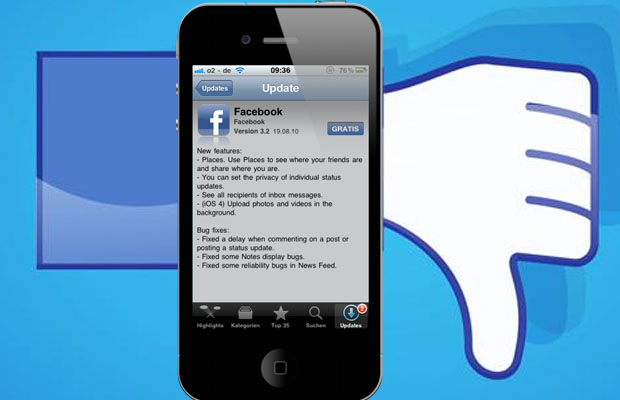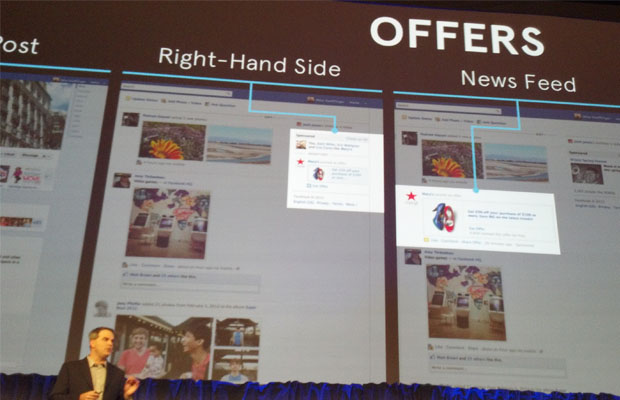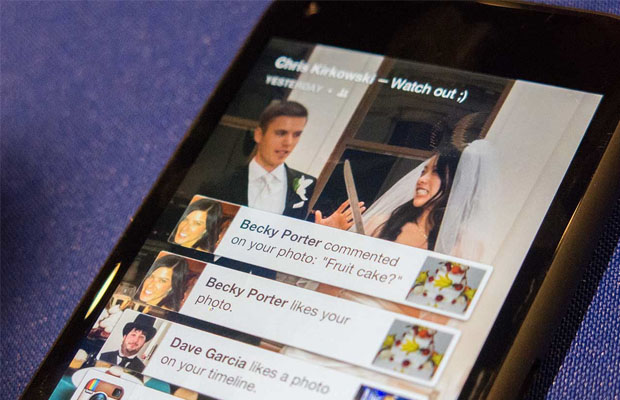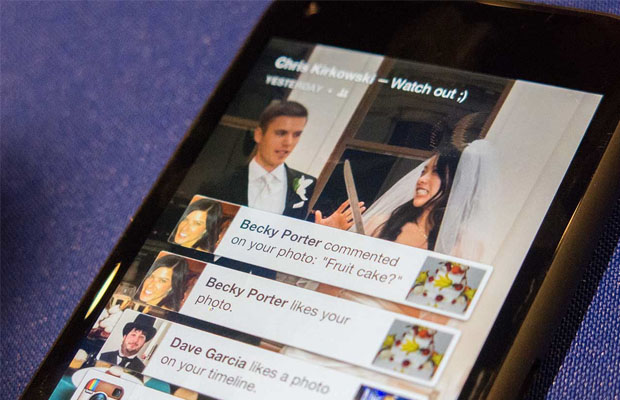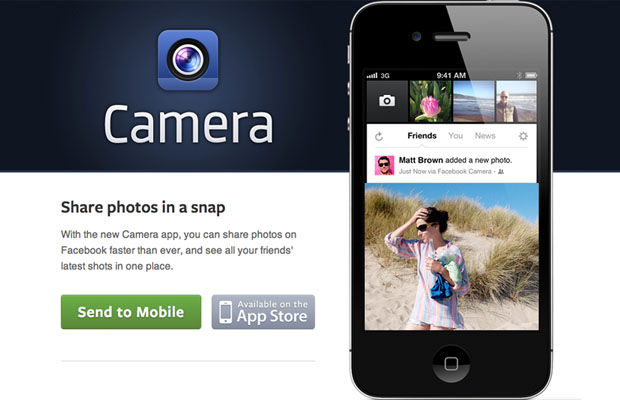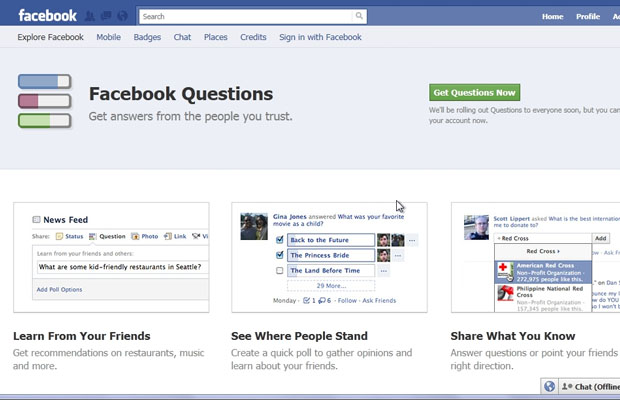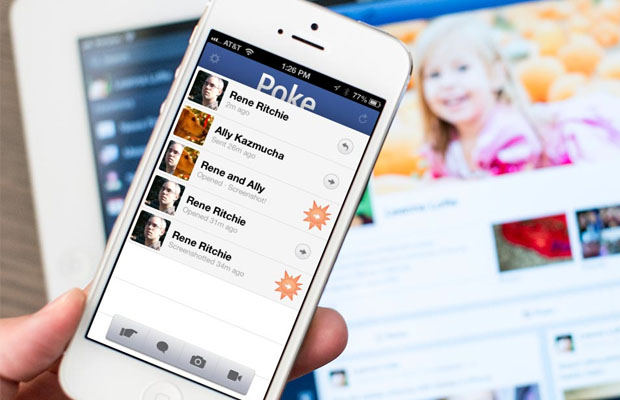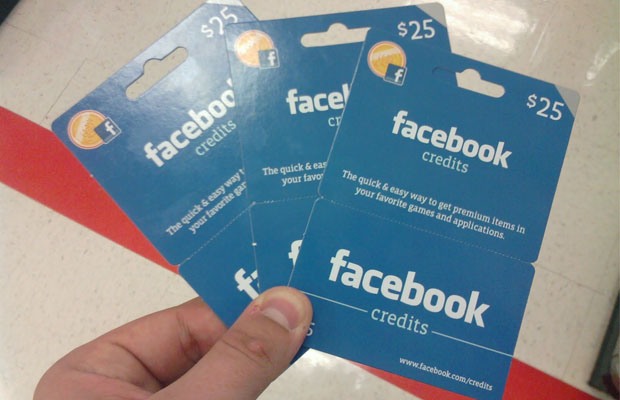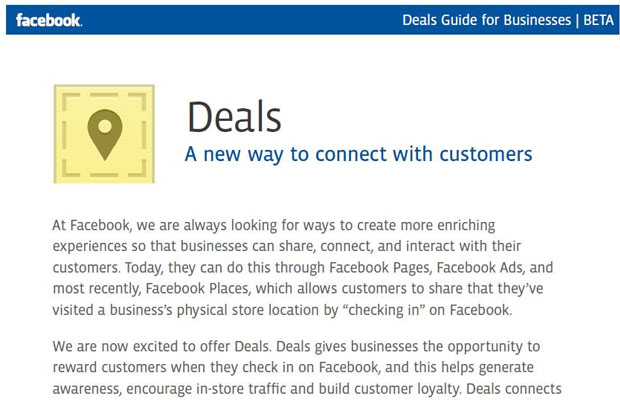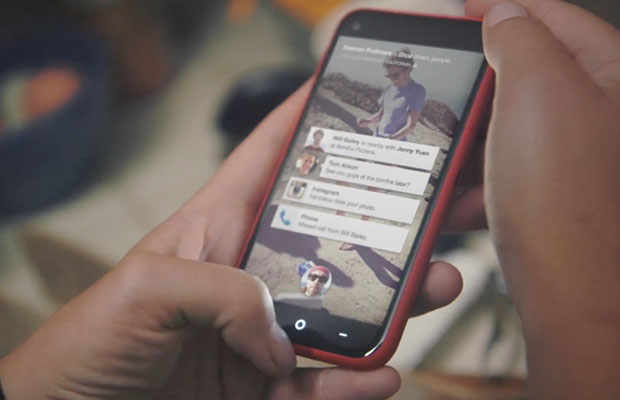
Words by Ashley Rich
Back when Facebook was just working its way up the social media plateau, and was called “The Facebook”, there were several things Mark Zuckerberg and Co. did to create engagement and traction between users. Many of the very services introduced that were conceived to enhance the experience soon became a nuisance few subscribers actually remember. Because many of the previous features fell short of success, current ones are now being forced onto users to comply with new rules, i.e. the new Messenger app. The backlash alone is already proving the move to be a disaster. However, this isn’t the first time the massive social network has dropped the ball on the user experience end. Check out some of the other Facebook features that have failed miserably.
Related: Tech CEOs and Their Douchiest Moments
Facebook Places
Chances are this was put into creation when Foursquare’s Places (located on their app) feature took off. The novelty of checking into a location for others to see and share was not going to be something Facebook lucked out on. Unfortunately they did, and instead changed it to “Nearby Places”. Okay, like that’s really going make it unique and cool. Ultimately the entire location product was removed and no one has found it since (haha).
Facebook Offers
Circa 2012, when Facebook tested this feature, the company realized it created buzz between businesses and users, which initially seemed like a good idea. Advertisers used to be able to attract Facebookers to their websites for free with pop-up offers, deals, and coupons. When the Zuck decided to remove the online offers, they created an in-store offers service instead. Has that helped anyone so far?
Facebook Beacon
Privacy issues got a pretty big headline for Facebook with the Beacon feature. Taken a step too far, the “device” tracked what people bought online and shared it with advertisers so they could target the user’s unique preferences. Granted, people overshare on Facebook all the time, but even when users were logged out and AWAY from the service, their activity was being tracked. In 2007, Zuckerberg released a statement about the Beacon, saying that Facebook had “missed the right balance” when it was created. Shortly after the admission of serious creeper status, it was killed.
Facebook Home
Facebook Home didn’t sit too well with smartphone owners, so Facebook gave them a step-by-step guide to disable it completely. That’s how miserably it failed. A recent study conducted by research firm YouGov, showed that only 12 smartphone users had ANY interest in owning a phone running Facebook Home. It was supposed to have solved “Facebook’s needs for more user data, but what does it solve for its users,” said Joseph Farrell, EVP Operations at BiTE interactions. Users gave it low ratings, complaining it drained battery life and was difficult to use compared to other Android apps. Facebook spent the past year rebranding the software. Sadly, the company is forcing users to download the updated app now dubbed Messenger+ in order to receive and send messages with other subscribers.
Facebook Gifts
Facebook Gifts connected friends for parties, celebrations, and anything else one might find a gift necessary. But the Gifts marketplace didn’t catch the shop-a-holics attention quite like Mark figured. The feature was thankfully killed last year. Besides the obvious question of “Why buy off Facebook when I have Amazon?” 80% of people only used the feature to send electronic gift cards, which are still around for people to purchase.
Facebook Camera
Before acquiring Instagram, the company had a shot at being the biggest photo-sharing destination with its Camera app. It was a ways to share pics on the go, posting multiple shots at once for friends to view in a single feed. Of course, a major problem was that many people preferred snapping photos with their own mobile cameras and uploading them on the service itself. So once Instagram was brought into the fold, the call was made to kill the app. Good call.
Facebook Questions
Back in 2010, Questions was launched for Facebookers to use in their statuses, which appeared in the Newsfeed. While it functioned almost like a public poll, it failed to have the social engagement impact Facebook was looking for, leading to its “recall.” Now, in Groups, people can ask questions without it seeming like a trivia game.
Facebook Poke
That small notification seen on Facebook informing you someone’s sent you a “poke” was just a socially awkward feature implemented. It originated as an app for the iPhone—a “simple and fun way to say hello to your friends.” Kind of like Snapchat, messages, videos, and pictures could be sent to multiple friends at once, and there was an option to change the length of poke up to 10 seconds. After that, it disappeared from the app. The popularity of this obnoxious “poking” business faded quick and even Zuckerberg refers to it as “more of a joke” than a serious product.
Facebook Credit
So back when everyone was heavy on playing FarmVille, the FB team decided to give people the option to use real money to get fake, online goods. Their original goal was to grow Credits into some kind of currency used for unlimited amounts of online transactions. As most of these others, the goal was never met and the feature was shut down in 2012. However, it did introduce the world to the magic of PayPal.
Facebook Deals
In 2011, Groupon and LivingSocial held the upper hand in offering great online deals. Facebook made the call to invest in its own attempt by creating “Deals”. Using Facebook Credits (which were still new & used at the time), the feature sourced discounts from local businesses, and offered vouchers. To make sure this really stuck around, Facebook made sure to test and launch the product in five different cities. As you can see, it never caught on.


